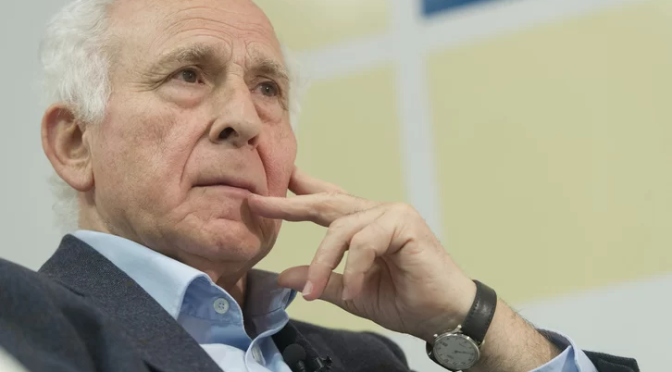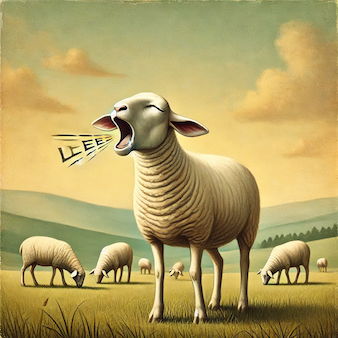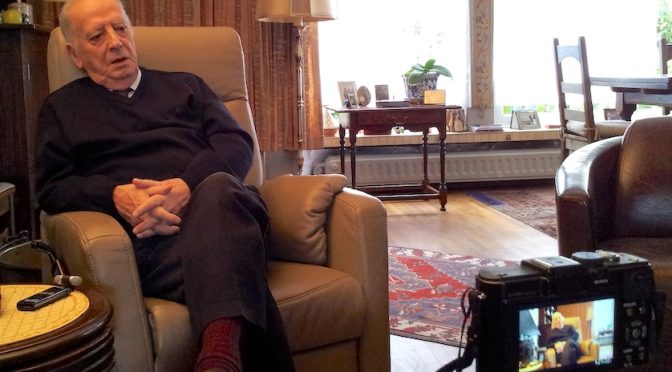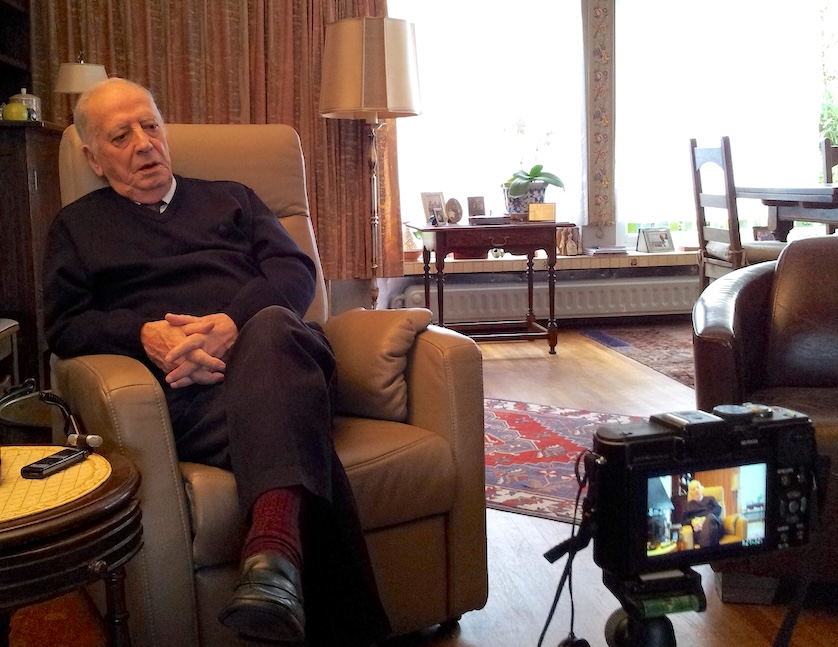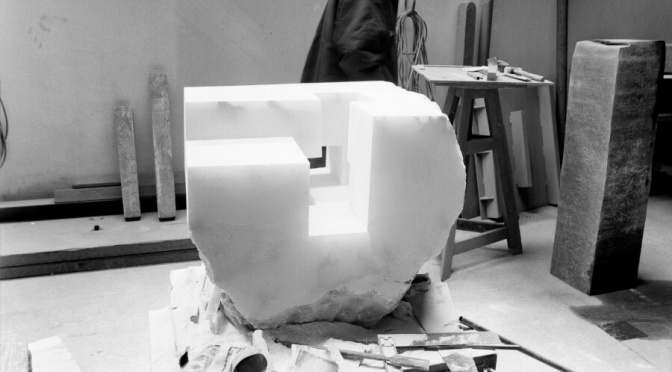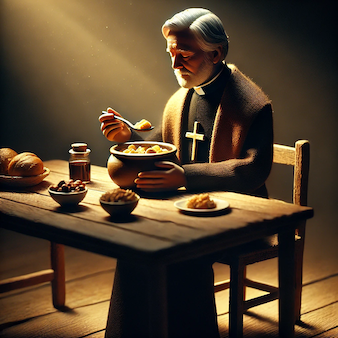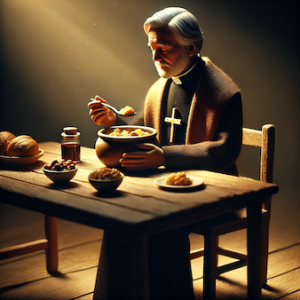While the Basque Country has seemingly punched above its weight in terms of its contributions to history, its contributions to philosophy are perhaps less well known. On July 1, the Basque Country lost one of its heavyweights. Joxe Azurmendi was one of the intellectual leaders of the modern Basque Country. It is impossible to do justice to his thinking and contributions in such a small space, but hopefully this brief introduction might motivate some to delve deeper into his work. Thanks to Eneko Ennekõike for bringing Azurmendi and his work to my attention.

- Joxe Azurmendi Otaegi was born on March 19, 1941, in the town of Zegama, Gipuzkoa (not very far from Mutiloa, where my great grandfather Blas Telleria was from). His father worked in a paper factory while his mother was a homemaker. When he was 9 or 10, he went on his own accord to study with the Franciscans at the Sanctuary of Arantzazu and received an atypical education for a child of his background. He went on to study philosophy at Erriberri (Olite in Spanish) before returning to Arantzazu to study theology. He later also studied in Italy and Germany.
- In the 1960s, he began working with the magazine Jakin, one of the oldest publications in Basque that is focused on culture and thought, publishing the first of several pieces in 1960. His articles spanned many topics, including Marxism and orthodoxy, culture, religion, poetry, literature and identity. He was actually the director of the magazine when it was banned for the first time by Franco’s government. He always wrote in Basque, knowing that it would limit the spread of his ideas but also knowing that the language needed to be used to survive.
- While he was in Germany, in 1967, he sent an article to the magazine Zeruko Argia entitled “Zergatik eta zertarako euskaldun?” (Why and for what are Basques?) In it, and in a follow on article, he made the controversial statement that to be Basque, one must strive rather than be born. This caused quite a controversy.
- In 1984, he submitted his thesis for his doctorate. His thesis, under the supervision of Víctor Gómez Pin and Julio Caro Baroja, was on the priest José María Arizmendiarrieta who had founded the cooperative Mondragon. He became a professor at the University of the Basque Country and was again director of Jakin.
- In 1992, he published perhaps his most famous work, Espainolak eta euskaldunak. This was in response to Claudio Sánchez-Albornoz, who had written that “The Basques are the last to be civilized in Spain; they have a thousand years less civilization than any other people… They are rude, simple people, who also believe themselves to be children of God and heirs of his glory. And they are nothing more than unromanized Spaniards.” In his work, Azurmendi dismantled the various stereotypes about Basques held by many Spanish.
- Though he retired in 2011, he continued to write. In 2012, he published Parkamena, kondena, tortura where he expanded on topics such as, just like the Church in the past, the State is now the strict controller of our consciences.
- Much of his thinking and writing was against dogmatism, from either side of the intellectual and political spectrum. His writing is a defense of freedom of thought and conscience. He challenged the thinking of his contemporaries, who he felt were not keeping apace with scientific advancement, a sentiment he made clear in his statement: the only thing we know about humans is that they are mere animals.
- He was also an advocate for the Basque language, as reflected in his use of the language to express his ideas. He thought language was a living thing, that created a universe of thought unto itself, and that it could represent the soul of a people.
- He won many recognitions and awards over his life and is regarded as one of the most esteemed and influential contemporary thinkers and writers in Basque literature. Azurmendi died on July 1, 2025 at the age of 84.
A full list of all of Buber’s Basque Facts of the Week can be found in the Archive.
Primary sources: Joxe Azurmendi, Wikipedia; Joxe Azurmendi, Wikipedia

